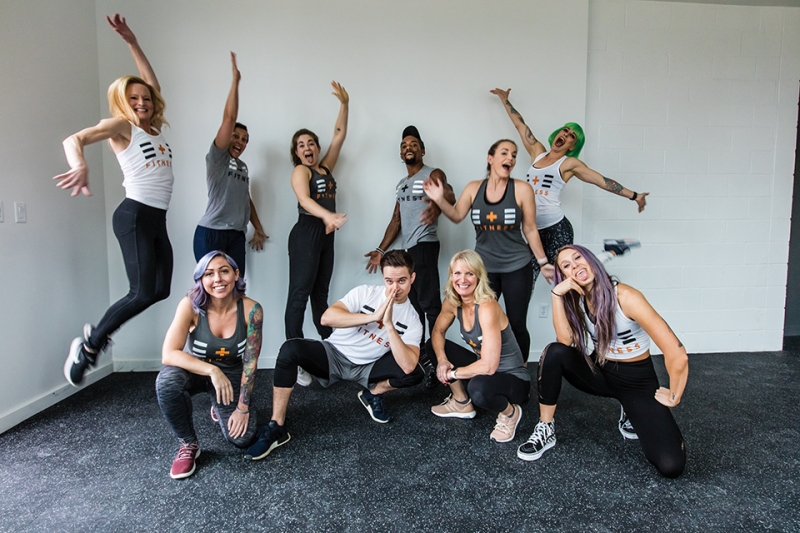
So despite immense federal spending and surging inflation, the yield on the benchmark 10-year Treasury note - below 1.4%, as of early Friday - remains lower than it was before the pandemic. government debt as perhaps the safest investment around their purchases of U.S bonds keep American interest rates low. We have this exorbitant privilege’’ - the ability to run up debts to pay for COVID relief without having to pay high interest rates to do so. “We had the deepest pocketbook of any country. has been a total outlier globally,’’ said Robin Brooks, chief economist at the Institute of International Finance, a global trade group for financial companies. The United States was particularly aggressive: It supplied $5 trillion in COVID-related stimulus aid to individuals, businesses and municipalities this year and last. In June that year, the International Monetary Fund predicted that the global economy would shrink 4.9% for the year, the first drop in worldwide economic output since the 2008-2009 financial crisis.īut the governments of the wealthiest nations, scarred by the achingly slow recovery from the financial crisis just over a decade earlier, poured money into rescuing their economies. The sudden and blindingly fast spread of COVID-19 infections forced lockdowns, frightened people into hunkering down at home, paralyzed travel and ordinary business activity and led employers to slash tens of millions of jobs. In the spring of 2020, the global economy appeared to stand on the brink of a catastrophe. They had never, after all, had to manage the unpredictable fallout, economic and otherwise, from a global pandemic. Policymakers, business owners and economists were caught off-guard by both the speed of the recovery and the new COVID variants that threatened its durability. Propelled by vast infusions of government aid and the widespread distribution of COVID vaccines, the economic bounce-back was as startling as the fall that had preceded it. Global supply chains that ran efficiently for years broke down as factories, ports and freight yards buckled under the weight of surging orders. workers, having struggled for years to achieve economic gains, secured better wages, benefits and working conditions - and the confidence to quit their jobs if they didn’t get them. Chalk it up to a surprisingly swift and robust economic recovery from the pandemic recession, one that left suppliers flat-footed and hampered by COVID-19 disruptions. After years in which ultra-low inflation had become a fixture of economies across the world, prices rocketed skyward in 2021 - at the grocery store, the gasoline pump, the used-car lot, the furniture store. The global economy hadn’t experienced anything like this for decades. Business & Finance Click to expand menu.Įmployees at a fast-food restaurant in Sacramento, California, exasperated over working in stifling heat for low wages, demanded more pay and a new air conditioner - and got both.Ĭustomer orders poured in to an Italian auto supplier, which struggled to get hold of enough supplies of everything from plastic to microchips to meet the demand.Ī drought in Taiwan magnified a worldwide shortage of computer chips, so vital to auto and electronics production.

Mike Chaldecott, CEo of Saint-Gobain UK & Ireland said: "This sale is part of Saint-Gobain’s strategy to create a focussed portfolio of businesses directed towards high growth markets, with the expertise to Make the World a Better Home and help us achieve our vision to be a leader in light and sustainable construction.

These transactions are part of Saint-Gobain’s continued portfolio optimization strategy to enhance the Group’s growth and profitability profile in line with the “Grow & Impact” plan objectives.

On successful completion of these transactions, given the divestment of Graham (turnover of approximately €260 million in 2020, 130 outlets) in August 2021, Saint-Gobain will no longer have any distribution brands specialized in plumbing, heating and sanitaryware products in the UK. Together, these four brands employ 485 people and have 25 outlets, generating a turnover of approximately €130 million in 2020. Saint-Gobain has also entered into exclusive negotiations for the sale of Ideal Bathrooms, its remaining UK distribution brand specialized in plumbing, heating and sanitaryware products with Wolseley UK. Saint-Gobain has entered into binding agreements for the sale of three of its remaining four UK distribution brands specialized in plumbing, heating and sanitaryware products to Wolseley UK: Neville Lumb, DHS and Bassetts.


 0 kommentar(er)
0 kommentar(er)
